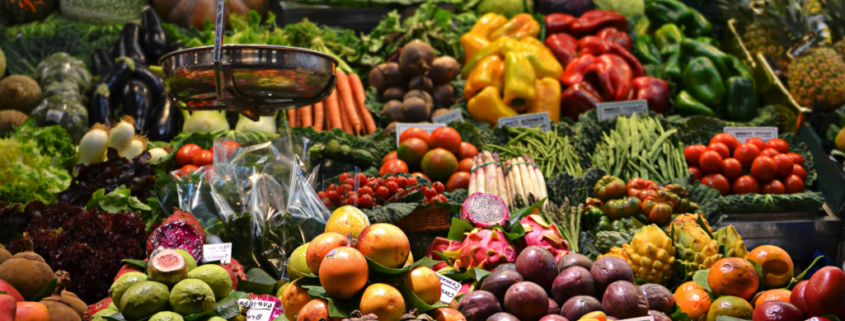Towards the UN World Food Day
Some updates concerning key food issues towards the UN World Food Day
The UN Food Systems Summit, held during the UN General Assembly in New York on 23 September 2021, set out to transform global food systems to achieve the Sustainable Development Goals by 2030. The impact of global food production on global emissions has been steadily increasing, and our food systems are expected to account for 60% of emissions by 2050.
If you are wondering how much your eating habits contribute to global emissions, here are two resources you can use to calculate your food footprint. The European Commission JRC has created EDGAR-FOOD, an inventory of global greenhouse gas emissions from food systems.
A report published by French think-thank IDDRI shows how agroecological farming – environmentally friendly practices, such as organic farming – can reduce greenhouse gas emissions in agriculture by up to about 47%, helping to keep global warming below 2°C.
In this special feature, the BBC goes in-depth on how to cut the carbon emissions of our food, also answering the conundrum of whether eating imported or meat is more carbon-intensive. From a carbon footprint perspective, is it better to consume animal products that are local and in season or asparagus and green beans flown in from another continent?
The Economist recently covered extensively how climate change is altering where some of our food grows. For example, Russia is now growing soybeans on previously unproductive land. It is now the world’s largest wheat producer, and globally since 1949, the cultivation of crops such as wine and rice has been shifting north.
There is a broad consensus that animal agriculture is carbon-intensive, responsible for about 14% of global greenhouse gas emissions – so can lab-grown animal proteins solve our problems? There are many schools of thought on this, and meanwhile, in the USA, a start-up is set to provide cell-based sushi-quality salmon by the end of this year.
However, vertical farming is one of the most promising agricultural innovations without posing problems of animal ethics. The Food and Agriculture Organization (FAO) points out that about 14% of the world’s food is lost during transport, and the issue is likely to get worse as the population moves from rural to urban areas. Vertical farming uses less land and reduces emissions caused by ploughing, weeding, harvesting and transporting the final product, as there is no need to plough, weed, harvest the fields or transport the goods.






